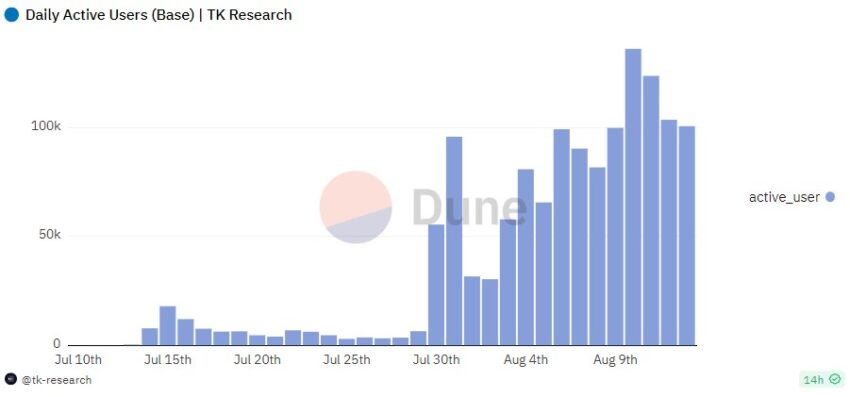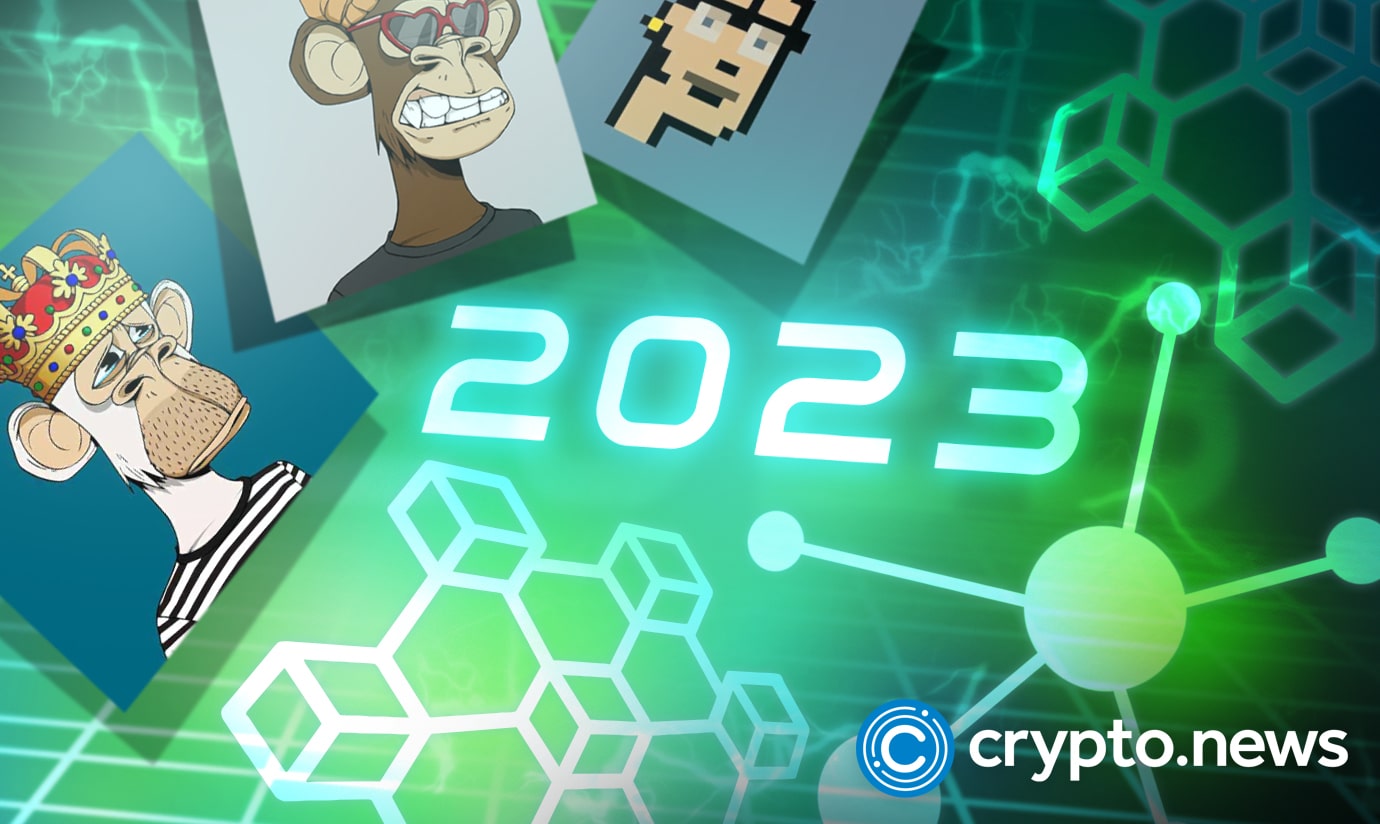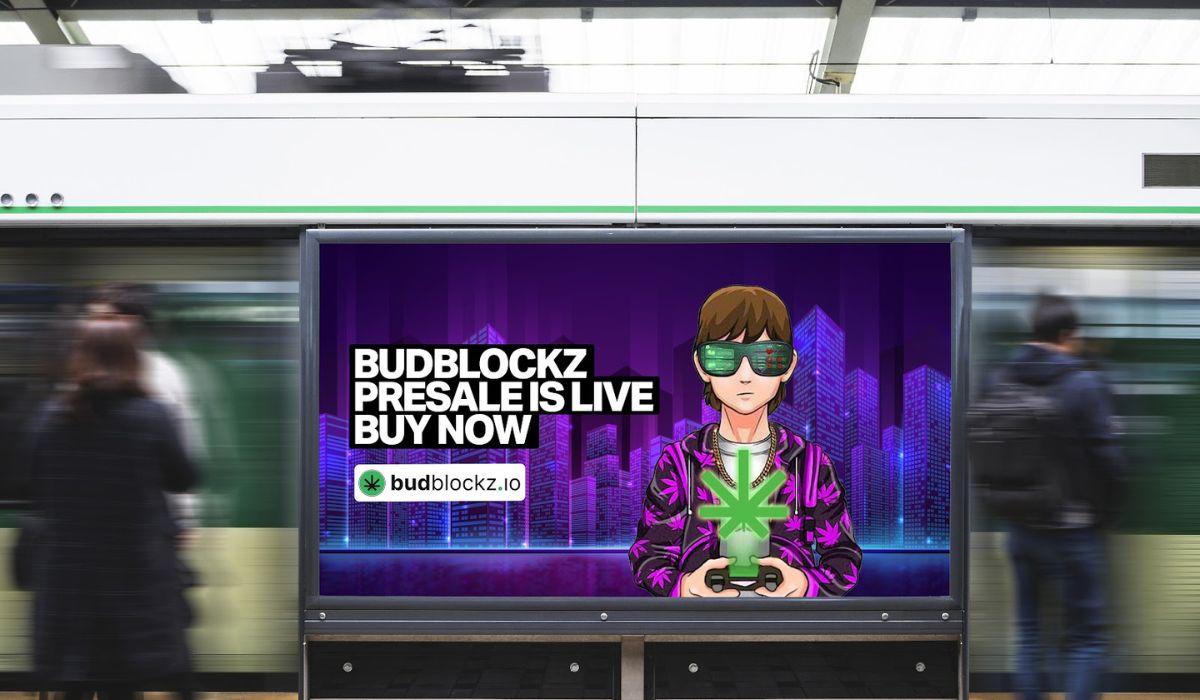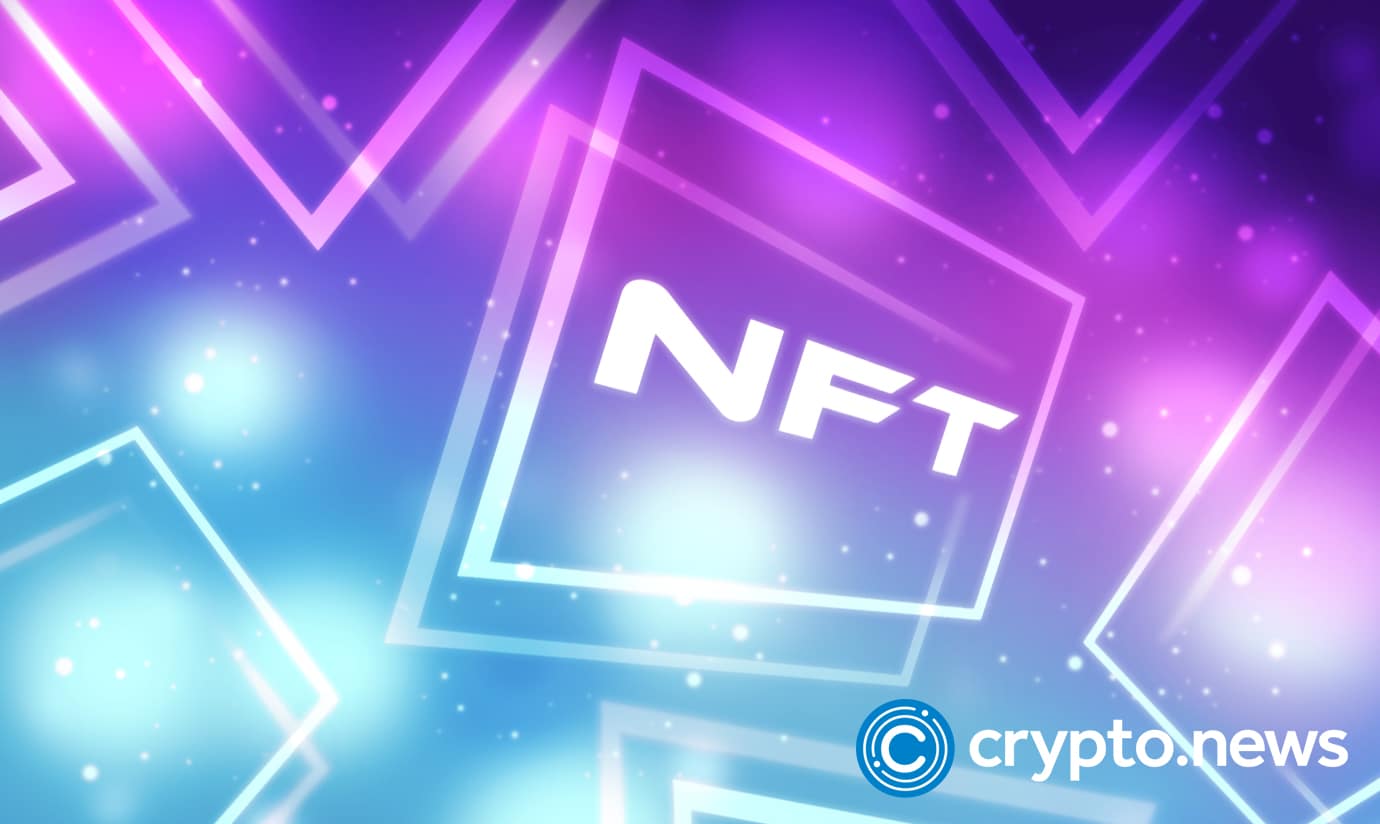2024-3-13 12:00 |
The recent joint study by the US Copyright Office and the US Patent and Trademark Office has concluded that the current legal framework adequately addresses the complex arena of non-fungible tokens (NFTs).
Initiated by a congressional request, the study aimed to scrutinize the intersection of NFTs with existing intellectual property (IP) laws.
Why NFTs Do Not Require Special Regulations?After extensive research, including public roundtables and an analysis of case law, the finding concluded that there’s no need for new rules in the NFT domain.
“The report reflects extensive input from a broad spectrum of commenters, including creators, brand owners, innovators, academics, and practitioners. We look forward to continuing to engage with stakeholders on emerging technologies and implications for IP rights,” Shira Perlmutter, Director of the US Copyright Office said.
This pivotal conclusion emerges against a backdrop of a significant revival in NFT trading volumes. After a period of decline, the market is witnessing an uptrend, signaling a potential rebound in the NFT market.
However, it remains to be seen if this resurgence can return to the heights of the 2021-22 bull run, which saw trading volumes soar. As of writing, the NFT trading volume remains 75% below its peak.
Read more: 7 Best NFT Marketplaces You Should Know in 2024
NFT Weekly Volume. Source: DuneHowever, recent legal victories have raised the industry’s confidence, like those of Yuga Labs, creators of the Bored Ape Yacht Club NFT collection. Their win in a copyright infringement lawsuit underscored the enforceability of digital asset copyrights. It also set a precedent for the application of IP laws in the NFT space.
Furthermore, the Offices recognized the transformative potential of NFTs for creators and brand owners. NFTs offer a novel approach for artists to receive compensation for secondary sales and for brands to enhance their appeal. However, this innovation also has its challenges. The study acknowledged the public’s concern over the opaque nature of NFT transactions and the potential for facilitating copyright and trademark infringement.
In response, the Offices emphasized the importance of public education and product transparency. Such initiatives are crucial for demystifying NFTs’ IP implications and fostering a clearer understanding among creators and consumers.
Read more: How To Create an NFT for Free Using Picsart
Moreover, the legalities surrounding NFTs are becoming increasingly defined. The MetaBirkins case, involving artist Mason Rothschild, presents a notable example. Rothschild’s challenge to a previous copyright infringement ruling against his NFT project brought attention to the nuances of applying traditional copyright laws to digital tokens.
The post NFTs and the Law: US Agencies Declare No Need for New Regulations appeared first on BeInCrypto.
origin »Bitcoin price in Telegram @btc_price_every_hour
Time New Bank (TNB) на Currencies.ru
|
|















